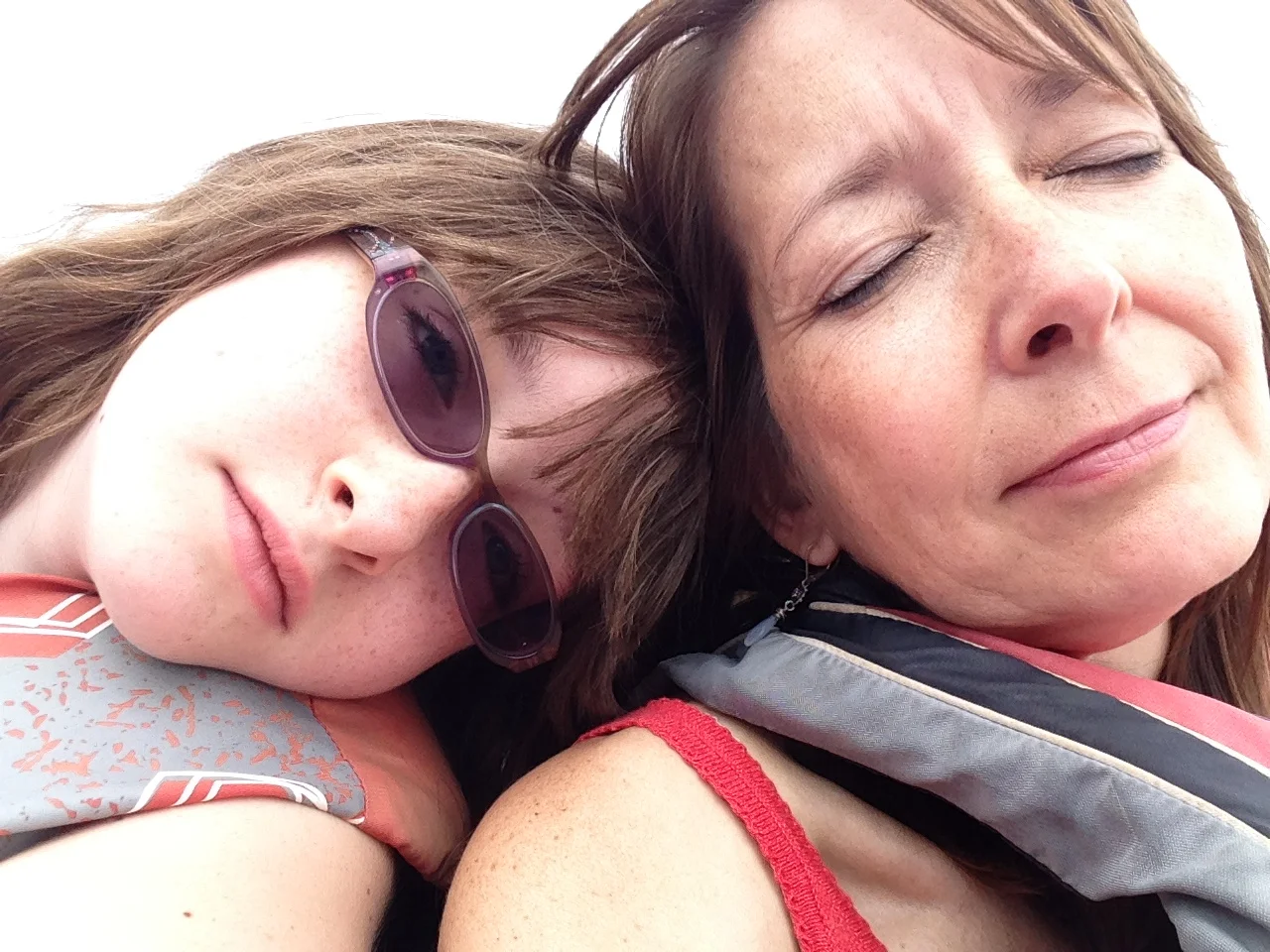On Oct. 19, 1960, 300 Atlanta college students and supporters, including Martin Luther King Jr., rose up against discrimination and participated in a Nonviolent Sit-in at Rich’s department store in Atlanta, Georgia. King was arrested and jailed, having been told he had violated a probation he did not know he had been placed on after receiving a ticket for the false charge of driving without a license in May.
The Rev. Martin Luther King Jr. leaves court after getting a four-month sentence in Atlanta on Oct. 25, 1960, for taking part in a lunch counter sit-in at Rich's department store. Source: Associated Press
King had received the ticket as he and his wife were driving home a white friend with whom they’d recently had dinner, author Lillian E. Smith.
Just three days prior to the October protest, Smith gave a speech in Atlanta to the Regional Students Nonviolent Movement, titled “Are We Still Buying a New World with Old Confederate Bills?” I’m thinking of her speech today, as we swear in our next Catholic president, and our first Black woman Vice President. Later today, Vice President Harris will, in turn, swear in two Democratic Senators representing the state of Georgia.
In Smith’s speech, she spoke about the future, about these students’ courage in choosing the hard way, their vision for a new world free of segregation, and the temptation to make compromises, including the one being promoted to vote for Nixon, giving voice to the anti-Catholic fears being stoked by southern politicians.
Smith was well known for her work challenging the empty promises of the southern “Big Deal” politicians.
They have been trying to buy a new life for the people, a new world, with old Confederate bills. And they don’t seem to know why it can’t be done. They do not, even now, understand why the old Confederate bills they flash around are not real currency. They have not learned a bitter lesson I learned, when I was six years old.
Smith told students the story of how she and her brother once found an old trunk in the attic filled with Confederate bills, how they took it to the candy store, and learned it was worthless. The store manager encouraged them to go home and burn the worthless money. “Don’t keep it around,” he said. “It will mix you up; get you all mixed up about everything…It has no value because there’s nothing back of it.”
This is the lesson the politicians had not learned, and many still have not.
They are still trying to buy a future for our country, with currency that is worthless: with ideas that have no validity, opinions that are not based on facts, values that are not human and Earth-size.
As we move forward today, to build a future on values that are human and Earth-size, we must still today, just as Smith urged 60 years ago, not fall for the empty currency of false hopes and false fears that turn us away from today’s awesome opportunity, a currency that tempts us to “sell out big causes for little ones”:
What happens to our country depends on our skill in separating false fears from rational ones, false dangers from real ones confronting the whole world. What happens will depend on whether we choose to live in a past full of ghosts or in a future full of hard jobs and great opportunities.
I’m thinking about Smith’s speech today, and about King’s bravery. Just as King’s actions inspired John F. Kennedy’s “call that changed history”, the Black Lives Matter protests across the country, and the work of bold organizers in Georgia, have inspired us to once again take up a future full of hard jobs and great opportunities. I hope we will rise to the challenge, and turn away from the worthless currencies Smith called out 60 years ago. Today begins an awesome opportunity, if we will take it up.








